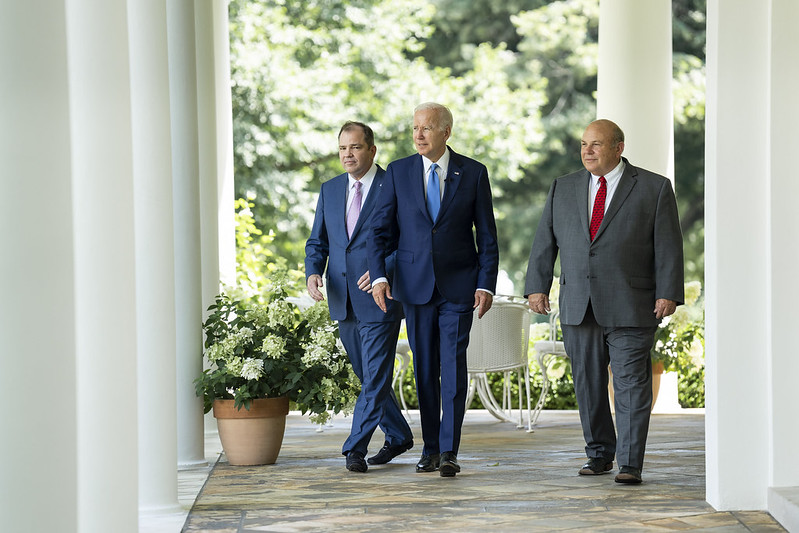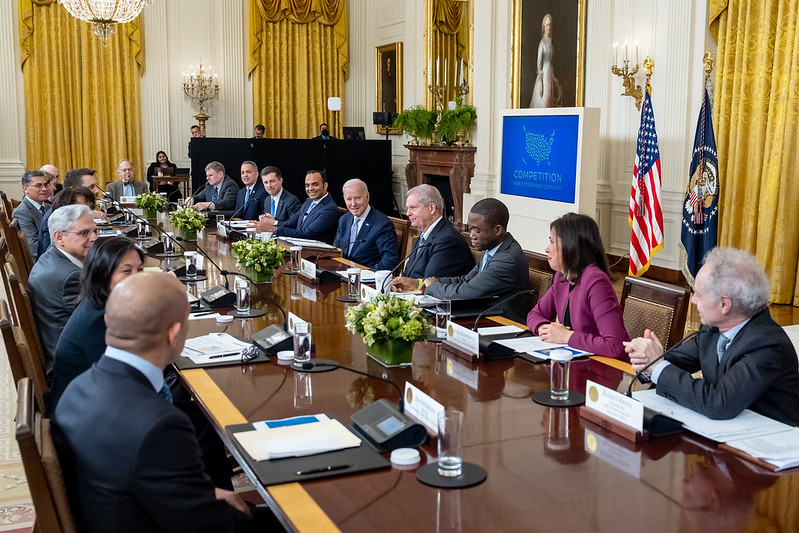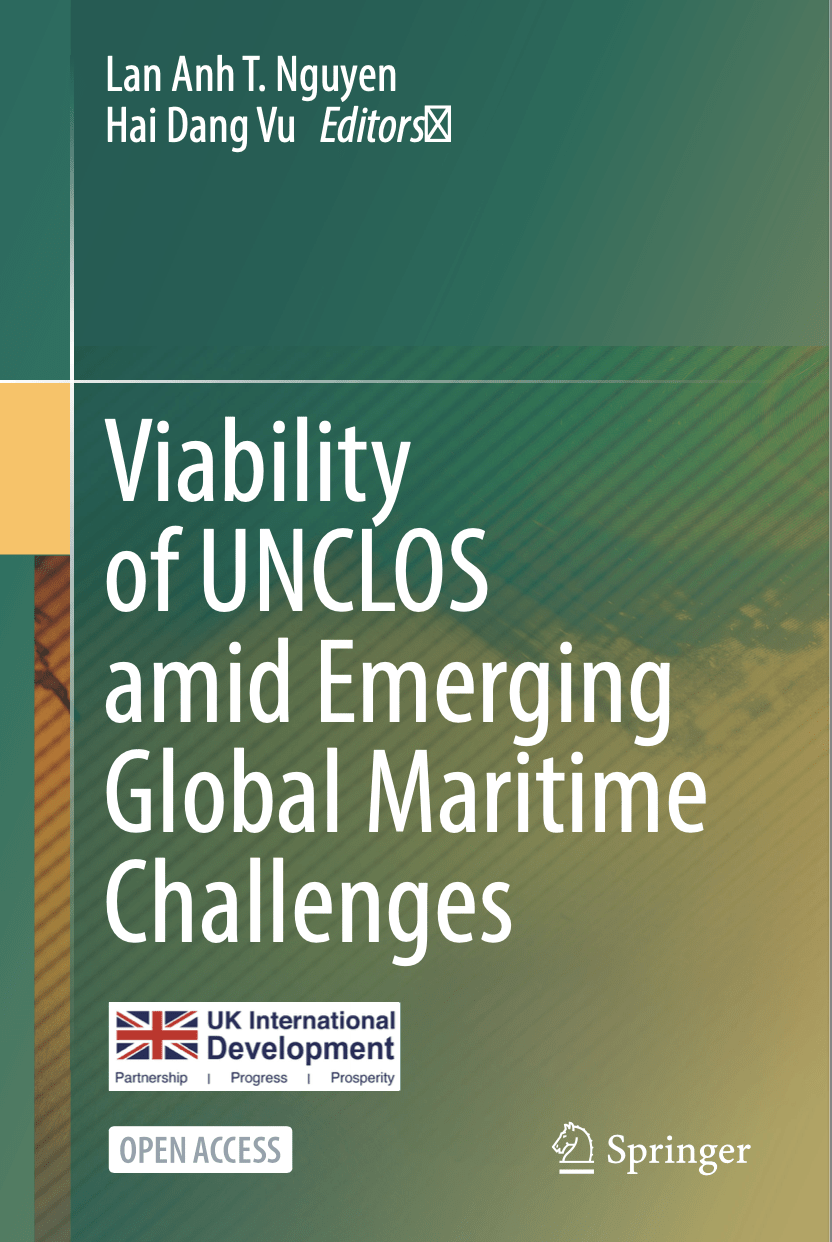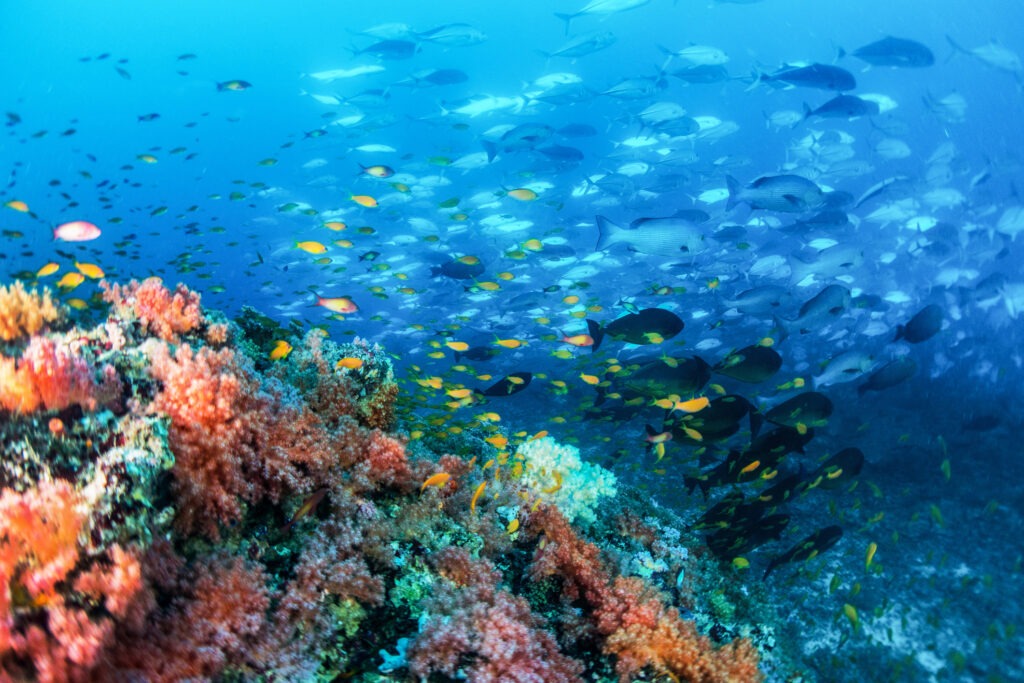Under the EO’s strategy to only advance fair competition, U.S. agencies have made several efforts to eliminate barriers between law enforcement teams and civil regulatory bodies, the former being authorized to make arrests and put up criminal charges, while the latter are tasked to monitor regular economic activities and oversee strategic fields in the economy through special administrative and investigative duties. In other words, U.S. agencies under the Biden administration have started to advance a fusion of criminal law enforcement and civil, agency-level rulemaking and regulatory activities. On February 28, 2022, building on requirements of the aforementioned whole-of-government competition strategy, the FMC and the Department of Justice (DOJ) announced a “historic” partnership to enforce ocean shipping and antitrust laws. Specifically, the FMC committed to “continue ramping up oversight of the global ocean shipping industry,” including through its data initiative, audit programs, civil investigations and regulatory proceedings. Meanwhile, DOJ’s Antitrust Division which handles criminal and civil enforcement of antitrust lawsoffers to provide attorneys and economists to support the FMC. In response, FMC will provide the DOJ with “maritime industry expertise” and other support for antitrust enforcement actions.
Although it is not unusual for the DOJ to cooperate with other U.S. agencies, the strategic partnership between the FMC and the DOJ is remarkable as FMC is considered an “economic regulator” in the maritime industry with limited power to enforce law and no power in criminal law enforcement. Before the Biden administration’s new whole-of-government approach and the FMC-DOJ strategic partnership, past interagency collaboration on maritime antitrust were limited to interaction and info-sharing between law enforcement teams given their overlapping and supplementary jurisdiction. For example, during a multi-year antitrust investigation into the international ocean shipping industry from 2014 to 2019, DOJ’s Antitrust Division worked with the Federal Bureau of Investigation (FBI) and U.S. Customs and Border Protection (CBP). Both agencies are amongf the primary law enforcement agencies in their respective field with explicit authority to enforce criminal offenses. In comparison, although the FMC has an “Office of Enforcement,” the office identifies its tasks to include participation in FMC’s regulatory proceedings, investigations of regulatory violations, negotiation of informal compromises of civil penalties and monitoring of formal court proceedings. In other words, the duty of the team is limited to regulatory enforcement and seldomly involves even the enforcement of civil law.
Despite its limited law enforcement power compared to DOJ’s traditional partners in criminal law enforcement, the FMC has regular presence and specialized expertise in the ocean shipping industry, anadvantage that both U.S. lawmakers and the Commission itself have regularly emphasized. The Ocean Shipping Reform Act of 2022 tasked the FMC with the responsibility to collect and publish containerized freight logistics as detailed as the total import, export and container changes per vessel at each U.S. port. In addition, the FMC is responsible to regularly report to Congress “concerning practices” of Chinese ocean carriers. Under the proposed OSRIA t, the Commission is further trusted to regularly report “anticompetitive [and] non-reciprocal trade” practices by Chinese common carriers. On July 29, 2022, more than a month after the Ocean Shipping Reform Act became law on June 16, 2022 and five months after the FMC-DOJ historic partnership, the FMC restructured its Bureau of Enforcement into a new Bureau of Enforcement, Investigations, and Compliance. The restructuring will lead to the establishment of two separate offices specifically in charge of investigation and compliance, respectively, and allow the FMC to increase the number of its investigators.
Under new legislative authority and administrative reshuffling, the FMC, as an economic regulator, is capable and required to consistently keep an eye on the day-to-day operations of the ocean shipping industry. As this level of oversight is unavailable (and potentially unconstitutional) to criminal law enforcement agencies, the criminal-civil fusion in ocean shipping effectively grants the Biden administration additional and unique capabilities to advance its competition policies,and efficiently address concerns such as lack of data and government insight into the field.










The Black Sea Chessboard: US, Russia, and Ukraine in a High-Stakes Gambit